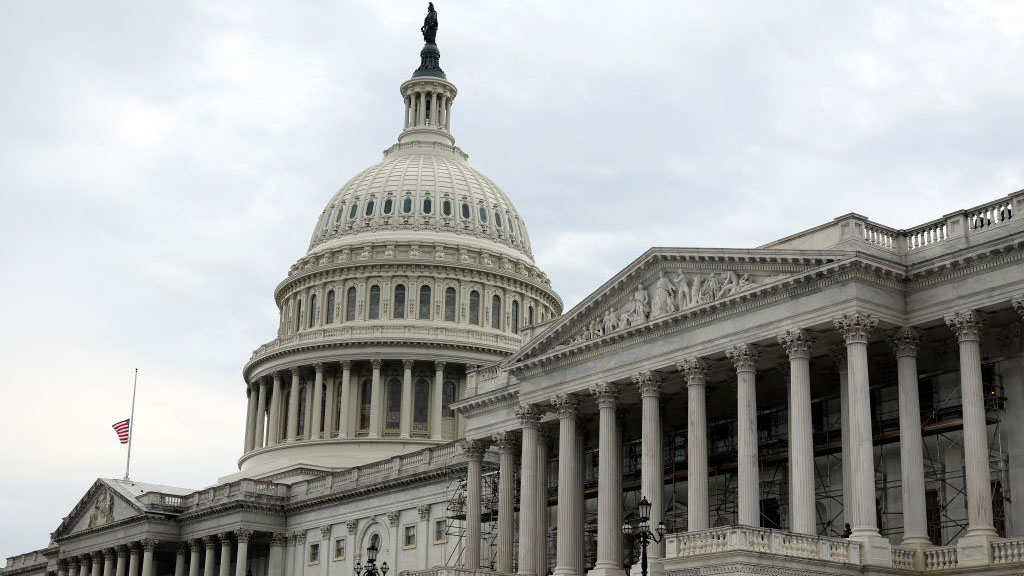Is it trespassing when bees do what bees do in California's tangerine groves?
That is the question being weighed by state agriculture officials caught between beekeepers who prize orange blossom honey and citrus growers who blame the bees for causing otherwise seedless mandarin oranges to develop pips.
"Both sides are unwilling to give any ground, and both have valid points," said Jerry Prieto, the former Fresno County agricultural commissioner who has spent six months mediating the dispute.
The fight comes amid a worldwide consumer taste shift toward seedless grapes, watermelons and tangerines — at the same time the nation's struggling bee colonies look for winter food.
The California Department of Food and Agriculture is scheduled to issue draft regulations this month that will require beekeepers to register their locations with county agricultural commissioners by March 1 so growers can monitor hives within two miles of their groves. If bees are too close, growers can ask beekeepers to move and hope they comply.
"But they won't have to move," said Rayne Pegg, deputy secretary of legislation and policy for the CDFA.
Absent a method of resolving disputes, Prieto predicted: "This is going to end up in court."
U.S. & World
Stories that affect your life across the U.S. and around the world.
Mega-grower Paramount Citrus has already sent letters to beekeepers near the company's Kern County clementine groves threatening legal action and promising to seek "compensation for any and all damages caused to its crops, as well as punitive damages" if seeds develop. Company officials did not return phone calls seeking comment.
The new regulations would affect Kern, Tulare, Fresno and Madera counties in the southern San Joaquin Valley, where many orange growers converted to easy-to-peel tangerines. The fruit's California acreage was expanded from 24,000 in 2005 to 31,392 in 2008 to compete with imports from Spain and the Middle East.
Tangerines and other normally seedless mandarins do not need bees to move pollen from the male to female parts of the flower in the process known as pollination. But if bees cross-pollinate the crop with the pollen of other fruit, mandarins develop undesireable seeds.
Almond trees on the west side of the valley, on the other hand, need lots of bees to pollinate. For the February pollination season, almond growers hire beekeepers from around the country to bring tens of thousands of hives to California, home to 70 percent of the world's supply.
As almond blossoms drop in late March, citrus growers say, beekeepers relocate hives to make orange blossom honey before heading to the Midwest for spring clover season.
Some growers, who by law must ban spraying for citrus mites and other pests when bees are present, say the bees are an increasing burden.
"We've coexisted with them, but we don't need them," said Joel Nelson, executive director of California Citrus Mutual, a trade association. "Now we're trying to adapt to changing consumer demands, and we're hamstrung."
Beekeepers say that, with development in the state's agricultural regions, there already are a limited number of places to take the bees for feeding.
"Our winter losses are increasing (because of colony collapse), and part of the problem is finding places to put bees where they have access to natural food, and citrus is part of that," said Gene Brandi, a Los Banos beekeeper and legislative liaison for the California State Beekeepers Association.
Chris Lange, a grower from Woodlake in Tulare County, recently converted 32 of his 1,600 acres of citrus groves on Beresford Ranches to the more profitable mandarin oranges, which he will start harvesting at the end of January.
"We already have an idea of where we'll find the seeds," said Lange, lamenting that most of his crop could wind up as juice. "You can't grow the crop for the juice market, you have to grow for the premium crop or you won't recover your costs."
During discussions seeking a compromise, beekeepers suggested that mandarin growers net their crops to keep out bees. Mandarin growers asked beekeepers to reduce hive density so bees do not have to fly far to compete for food.
Both sides said no.
"The ag industry is being forced to weigh which side should have a stronger case," said Pegg, of the agriculture department, "and that's a difficult thing for us to decide. We're just not going to make anyone happy."



